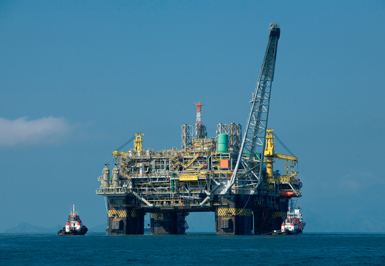Doing offshore work in the Gulf of Mexico is a risky proposition. There are frequent accidents and dangerous incidents that could cause injury or even death to workers.
The fire that started on a gas well earlier this year is just one example of such an incident. Forty-four workers were forced to evacuate and a relief well had to be drilled in order to plug up the original to get it under control and prevent further incidents. The fire damaged the derrick and caused it to collapse.
The Bureau of Safety and Environmental Enforcement is investigating the situation to find the cause of the incident, while also continuing to look into a fatal accident that occurred last year. Although natural gas well malfunctions are less of a risk to the environment than oil spills, they can still be an equal danger to the workers involved. Continuously pumping gas caused the original fire to burn for two days before the well became clogged with detritus and the fire’s fuel was cut off.
While it is not yet determined what the exact cause may be, it is certainly possible that it is either human error or equipment malfunction. Either could be due to improper procedures enforced by the company. If this is the case, the company will have to be held responsible for the danger that the workers involved suffered.
If you are in the Houston area and you or someone you know has suffered injury in similar incidents, you are entitled to compensation under the Jones act. The best way to get such compensation is to hire a Houston Jones Act lawyer. Kirkendall Dwyer LLP has many attorneys who are familiar with such cases and can easily help you or your loved one get appropriate recompense for your accident.








